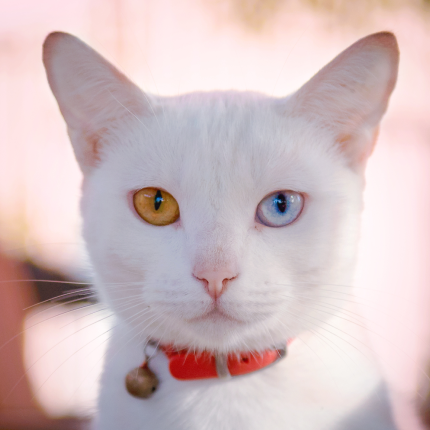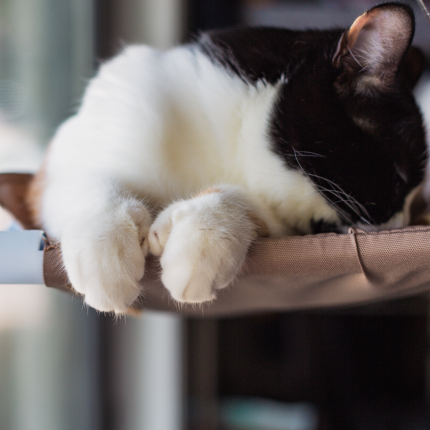Fostering a Cat: An Antidote to Loneliness

The invaluable companionship provided by dogs has long been celebrated, but recent research has illuminated the profound impact of feline companions on alleviating feelings of loneliness. In a pioneering pilot study conducted by the University of Georgia and Brenau University, the therapeutic benefits of fostering cats were explored, particularly among older adults living alone.
One of the participants in the study vividly recounts her decision to respond to an advertisement seeking individuals over the age of 60 to foster shelter cats. Having experienced the palpable void of returning to an empty home, she eagerly embraced the opportunity to welcome a furry friend into her life. She reflects on the transformative effect of having a faithful companion awaiting her return, emphasizing the profound difference it has made in combating feelings of isolation.
The initiative, spearheaded by the research team, saw participants undergo cognitive and health assessments before being matched with a feline companion from the local humane society. The selection process was guided by expertise and a keen eye, resulting in an instant connection forged upon the participants’ first meeting with their chosen cats.
The prevalence of loneliness among older adults has garnered increasing attention, with the U.S. Surgeon General deeming it an epidemic in a 2023 report. Researchers underscore the urgent need for effective interventions to combat this pervasive issue. Against this backdrop, the potential of cat fostering programs as a viable solution warrants exploration.
Cats, with their unique blend of independence and sociability, emerge as promising companions for older adults. Unlike dogs, they require minimal physical exertion, making them suitable companions for individuals with health conditions such as arthritis or heart disease. Researchers highlight the significance of the study’s findings, noting its contribution to expanding the discourse on the benefits of pet ownership beyond the realm of dogs.
The feasibility study, funded by the Human Animal Bond Research Institute and Nestle Purina Pet Care, facilitated the fostering of shelter kittens or cats for a minimum of four months, with the option to adopt thereafter. Participants provided feedback on the comfort and well-being they derived from their feline companions, with veterinary care and food provided throughout the study period.
Researchers emphasize the pivotal role of pet attachment in mediating the relationship between loneliness and overall health, particularly among older women. However, they caution that pet ownership must be approached thoughtfully, considering an individual’s health status and potential risks associated with pet ownership.
Heartwarming anecdotes exemplify the transformative power of feline companionship, as participants find solace and joy in the presence of their devoted feline friends. Despite cats’ reputation for aloofness, their playful antics and vigilant pest control efforts enrich the daily lives of their human companions.
In essence, fostering a cat transcends mere pet ownership; it represents a lifeline of companionship and connection, offering solace to those grappling with loneliness and isolation. Through initiatives like the study, the therapeutic potential of feline companionship is brought to the forefront, offering hope and healing to individuals seeking solace in the comforting presence of a furry friend.

Featured Articles

Greebles and Cats: The Origin and the Meaning
You may have seen an internet sensation concerning cats labeled “greebles.” Feel out of the loop? We’re here to help you. In 2019, Reddit user /user/literallyatree commented on a Reddit post about a cat that looks like it’s trying to slap a ghost. This user commented: “My family calls things…

The Odd-Eyed Cat (AKA Heterochromia)
Cats are already beautiful and fascinating creatures, but people are bound to take notice when they have something as captivating as two different colored eyes. Odd-eyed cats always have one blue eye paired with either a green, yellow, or brown eye. This form of heterochromia occurs in other animals, including…

Polydactyl Cats: Just More Beans to Love
Polydactyl cats have become extremely popular in recent times. As a result, more and more people are interested in learning more about this six-toed cat and want to get one of their own. If you are a cat lover intrigued by polydactyl cats, you have come to the right place….
